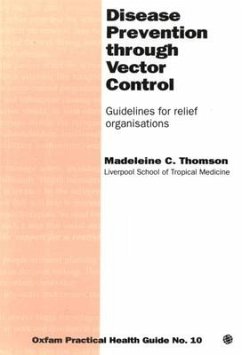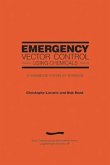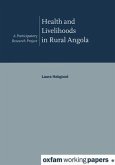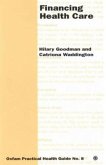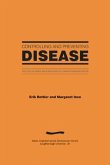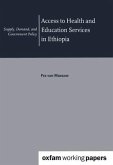The number of refugees and displaced persons has increased greatly in recent years. At least 80 per cent of them are living in tropical or semi-tropical countries where vector-borne diseases, such as malaria, dengue, kala azar, sleeping sickness, dysentery, and cholera are common. In the crowded and unhygienic conditions of emergency camps, such diseases can spread rapidly, and cause many deaths. Disease Prevention through Vector Control is intended to give relief workers an overview of the problems and a range of strategies for dealing with them. The main vector-borne diseases are described, and the importance of identifying the particular disease and its vector, and of considering a variety of methods of control, is emphasised. The book discusses the need for a community-based approach to vector control, the safe use of insecticides, and selection of spraying equipment. Also included in the book are lists of suppliers of insecticide and equipment, sources of advice, and recommended texts.
Hinweis: Dieser Artikel kann nur an eine deutsche Lieferadresse ausgeliefert werden.
Hinweis: Dieser Artikel kann nur an eine deutsche Lieferadresse ausgeliefert werden.

